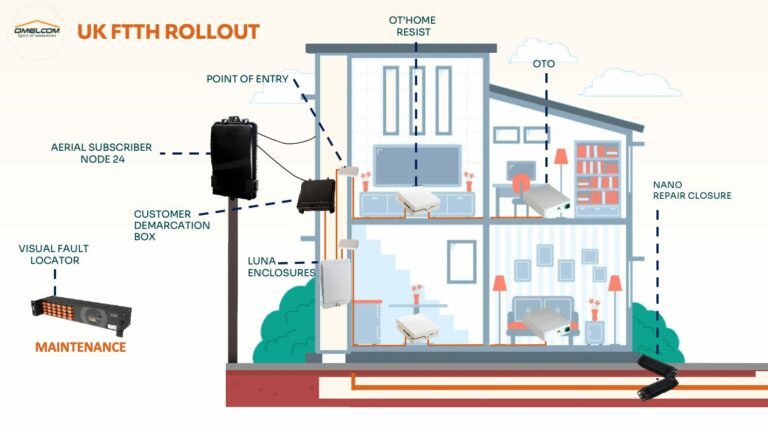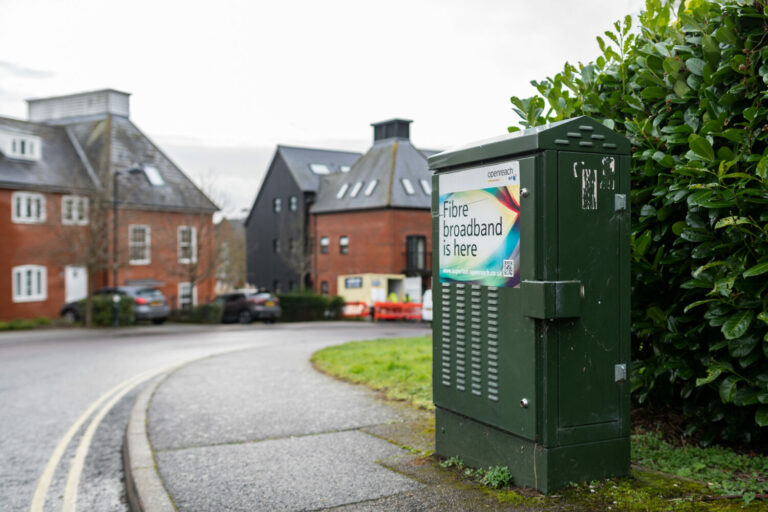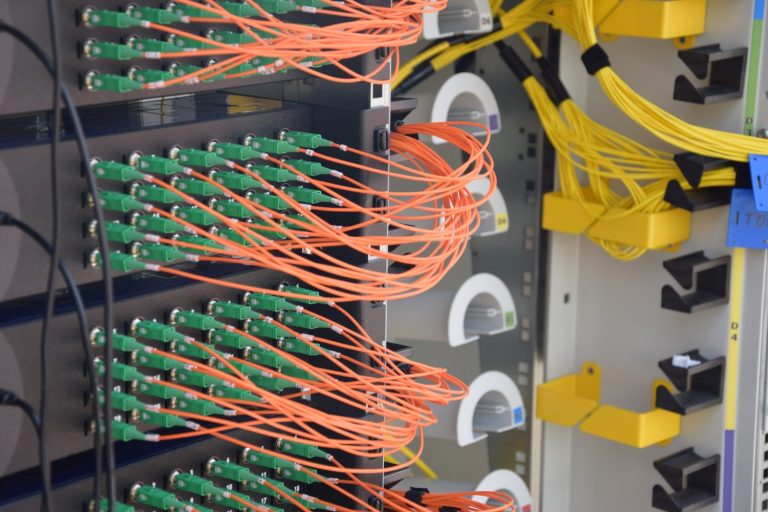
As the far-reaching consequences of climate change continue to reverberate worldwide, the imperative for every industry sector to make substantial contributions to carbon emissions reduction and environmental preservation becomes undeniable. The tangible and current impacts of climate change — more frequent and intense weather events, rising sea levels menacing coastal regions, accelerated glacier melting, and loss of biodiversity — underscore the urgency of action. Amid these indisputable realities, manufacturers of Fiber-to-the-Home (FTTH) solutions possess a unique opportunity and responsibility to play a pivotal role in combating climate change. By implementing tangible strategies to reduce their environmental footprint, these manufacturers can not only safeguard our planet but also provide essential technological solutions for the future.
Here are the Top 10 Measures They Could Implement:
- Eco-Conscious Design: Develop FTTH equipment and components with energy efficiency, sustainability, and recyclable materials in mind. Minimise energy consumption throughout manufacturing, usage, and end-of-life stages.
- Carbon Emissions Reduction: Implement cleaner manufacturing practices to curtail carbon emissions. Embrace renewable energy sources, enhance energy efficiency in production facilities, and minimise unnecessary transportation.
- Recycling and Reuse: Promote recovery, recycling, and repurposing of end-of-life FTTH equipment. Design products modularly for easy component replacement, reducing the need for complete replacements.
- Sustainable Packaging: Choose minimalistic, eco-friendly packaging to reduce packaging waste. Prioritise recyclable and biodegradable materials.
- Education and Awareness: Raise employee and partner awareness about environmental concerns and provide training in ecological best practices for both production and product usage.
- Customer Collaboration: Collaborate with customers to develop solutions that optimise energy efficiency in their FTTH networks, thus reducing overall energy consumption.
- Research and Innovation: Invest in research and development of innovative technologies to enhance energy efficiency and decrease the environmental impact of FTTH networks.
- Extended Responsibility: Assume accountability for the entire product lifecycle, including the usage and end-of-life phases. Develop programmes for the recovery and recycling of outdated equipment.
- Transparency and Reporting: Offer transparent insights into environmental practices and sustainability efforts. Regularly report on environmental performance and progress achieved.
- Environmental Certifications and Standards: Work towards obtaining recognised environmental certifications and labels to demonstrate the commitment to sustainability.
By adopting these measures, FTTH solution manufacturers can contribute to mitigating the effects of climate change while addressing the burgeoning connectivity needs of society. By taking action, manufacturers can shape a more sustainable and interconnected future for us all.
For more details about Omelcom’s environmental initiatives, we invite you to review our CSR Report.








